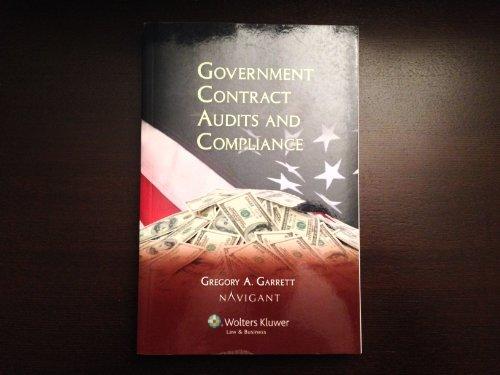Question
Sally works 3.5 days (Monday to Thursday) a week for TopCo and spends 1.5 days (Thursday and Friday) a week in her kitchen at home.
Sally works 3.5 days (Monday to Thursday) a week for TopCo and spends 1.5 days (Thursday and Friday) a week in her kitchen at home. Sally incurs the following expenditure during the 2022 income year:
She pays $3,000 to the local greengrocer for fresh vegetables to use in her catering activity. She receives a $500 speeding fine on the way to Woolworths to buy food. On 1 April 2022, she buys a laptop to use in the catering activity, costing $3,600. The Commissioner states that the laptop should last 3 years. Sally uses the laptop 15% of the time to stream movies and watch MasterCook. She travels between her office at TopCo and home 5 days a week, by bus, at an annual cost of $1,200. Sally uses the kitchen to make the food and one of the bedrooms in her home as an
office to do administration relating to the cooking activity. She pays $3,500 per month in interest on her home loan and $800 per month in heating and cleaning costs for the home. She spends 25 hours per week on the cooking activity in the kitchen which is also used for family purposes. The kitchen and the bedroom take up 25% of the space in the house (15% kitchen and 10% bedroom). Sally employs two apprentice chefs to help preparing the food she sells to Rita, paying a total of $20,000 in wages per year. In July 2021, Sally travelled to France for 4 weeks, primarily to undertake a French language course at the Sorbonne University in Paris. The air fares and accommodation cost $15,000. The University fees costs $5,000. The course lasted for 3 weeks and she spent the other week travelling around the wine regions of France. Sally thinks her trip to France is fully deductible but her old accountant stated that it was not because it had no connection with her job or catering activity. Sally was thinking about starting a new business a cookery school. She asks her accountant to investigate the feasibility of the business before she decides. The accountants report cost $3,000. She decides to proceed with the business. Sally was approached at the same time by an international cooking school known as Le Bon Chef (LBC) which was impressed with her cooking skills and her profile in Australia. LBC wanted to have their brand become better known in Australia, and proposed to Sally that if she paid LBC $1m, she would be able to use the LBC brand name and business processes for 10 years. Sally entered into a contract on 30 May 2022, and paid the $1m on 29 Jun 2022.
Required:
Using legislation and case law, explain the GST implications of the transactions relating to the catering/cooking activity to Sally, and whether a GST liability or an input tax credit will arise (including the amount). Assume that all entities are registered for GST. All amounts are GST-inclusive (where applicable). Do not calculate the net amount for the purpose of the section 17-5 of the GST Act. Do not consider the GST consequences of Sallys building activity, the cookery school or the receipt of the dividends.
Step by Step Solution
There are 3 Steps involved in it
Step: 1

Get Instant Access to Expert-Tailored Solutions
See step-by-step solutions with expert insights and AI powered tools for academic success
Step: 2

Step: 3

Ace Your Homework with AI
Get the answers you need in no time with our AI-driven, step-by-step assistance
Get Started


